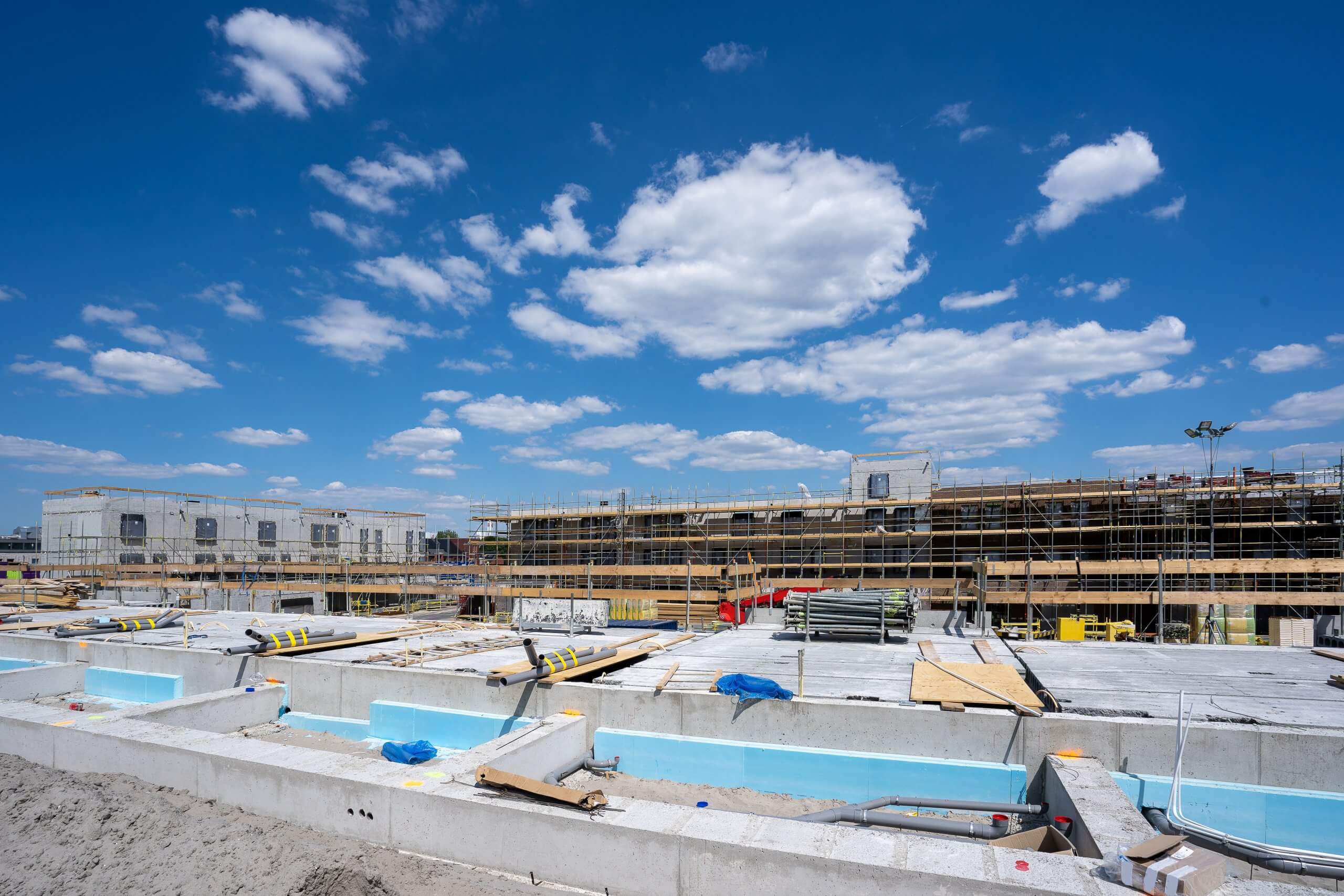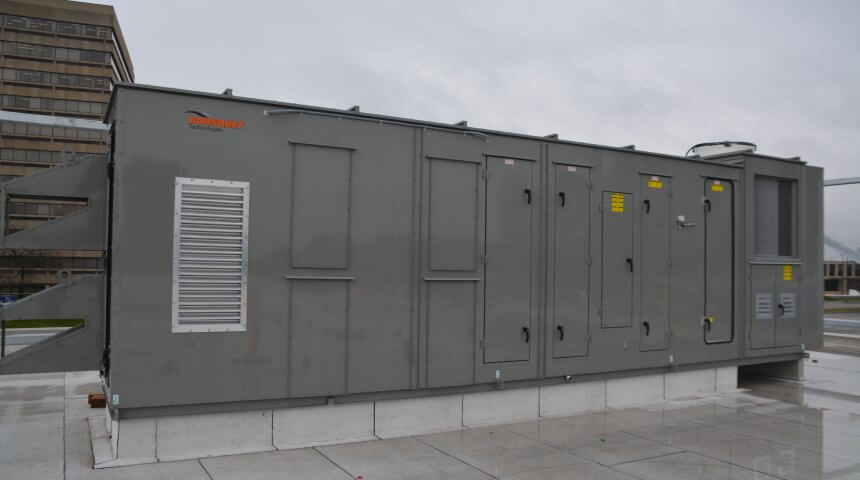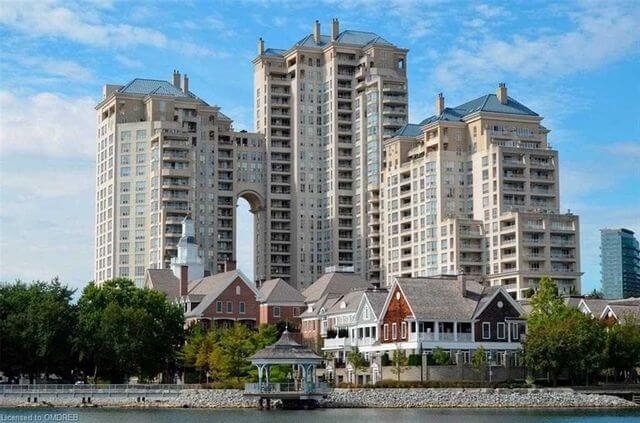In the world of HVAC systems, the unsung hero is often the humble air filter. Overlooking the importance of regular filter replacement, especially post-construction, can lead to a cascade of issues affecting both the efficiency and longevity of your HVAC unit. In this blog, we delve into the significance of replacing filters as a crucial preventative maintenance practice, ensuring your system operates at its best from day one.
The Initial Impact: Imagine this scenario: a brand-new HVAC unit is installed after construction, and everything seems perfect. However, over time, the system starts exhibiting performance issues. Unrecognised to many, air filters are often neglected. Construction sites are notorious for generating dust, debris, and particles that can infiltrate the filters, impeding airflow and causing a domino effect of problems.
Reduced Airflow, Increased Pressure: One of the primary functions of air filters is to maintain optimal airflow across the system’s components. When filters become clogged with construction-related particles, the airflow is restricted. This restriction can lead to increased pressure within the system, triggering alarms and potentially causing long-term damage to crucial components like the evaporative coil.
Preventing High-Pressure Alarms: High-pressure alarms can be a nuisance, disrupting the smooth operation of your HVAC system. Regularly replacing filters post-construction is a proactive measure to mitigate the risk of these alarms. By ensuring unobstructed airflow, you not only prevent pressure-related issues but also contribute to the overall efficiency of your unit.
Sustained Equipment Health: The significance of routine filter replacement extends beyond addressing immediate concerns. It is a cornerstone of preventative maintenance that contributes to the sustained health of your HVAC equipment. Clean filters allow the system to operate efficiently, reducing strain on components and potentially extending the lifespan of the unit.
The Owner’s Responsibility: For equipment owners, taking charge of filter replacement is a small yet impactful responsibility. Implementing a schedule for post-construction filter changes and regular inspections is a proactive approach to system care. This not only safeguards your investment but also ensures a comfortable and healthy indoor environment.
Conclusion: In the grand scheme of HVAC maintenance, the act of replacing filters might seem minor, but its impact is far-reaching. Post-construction and regular filter replacement are not just practices; they are investments in the sustained health and efficiency of your HVAC unit. Take control of your system’s destiny, and let clean filters pave the way for years of trouble-free operation.



